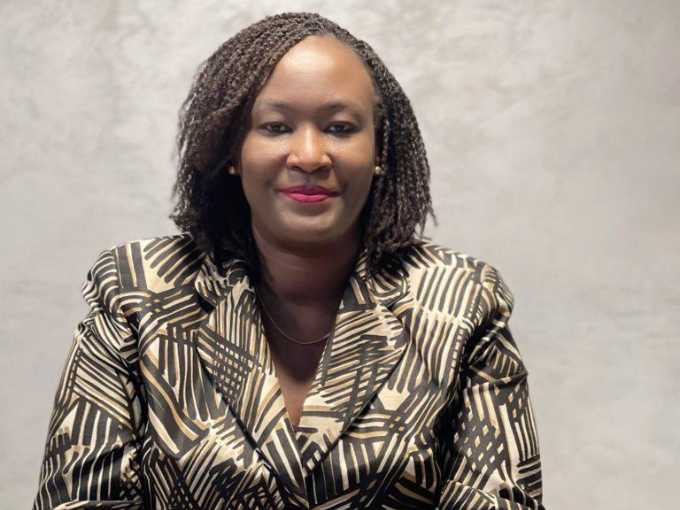As a managing director, I firmly believe that rethinking our approach to work is essential for achieving success in today's fast-paced, post-pandemic world. The modern workforce is diverse and they are motivated by different factors. Some are motivated by a need to excel in their career in order to advance to the next level; others want job satisfaction; others want to know that their work matters and is appreciated; others want to make a good living and so job security is important to them. This is why as organisations, we need to create an environment that not only recognises, but supports these diverse motivations for work.
One aspect of a successful approach to work is identifying what each individual has control over, what they can influence and what they are subjected to in their work environment. This would tie in with their motivations. In doing so, we can channel energies accordingly, leading to better results and a work-life balance. A Harvard Business Review study found that employees who feel a sense of control over their work environment are 70% more likely to experience job satisfaction and 89% more likely to stay with their current employer for the next year.
My experience has shown that self-awareness and the capacity to recover are the two key drivers of a successful career. A successful profession depends on a person being self-aware and accepting responsibility for their work. Understanding one's motivations, strengths, and shortcomings, as well as how one's actions and behavior affect others, is a key component of self-awareness. Self-awareness enables people to recognize their own growth and improvement areas, which increases job satisfaction and professional success.
I have worked hard to be self-aware throughout my career and to get input from mentors and colleagues on how I might develop as a leader. I have also accepted personal responsibility for my job, established high standards for myself, and been accountable in my effort to accomplish my objectives. My advancement through the ranks and development have primarily been fueled by this strategy. I have been able to recognize areas where I need to improve and am therefore better equipped to take appropriate action to solve them since I am self-aware and accept responsibility for my job. This has aided in my own development and achievement as well as the success of the organizations I have worked for. It's crucial to set an example for others as a leader. I demonstrate my ability to live up to my words by being honest with myself about my reasons for working.
It is critical to be self-aware and to accept personal responsibility for one's job in the dynamic, fast-paced workplace of today. By doing this, we improve our ability to respond to fresh problems and possibilities, which helps both the organization as a whole and our personal professional development.
Recovering from rejection and failure is another essential step on the path to success. It's critical to keep in mind that rejection is simply a step in the learning process rather than a reflection of one's value or aptitudes. Regrettably, although being a crucial life lesson, this is not covered in the academic curriculum. One can succeed by taking what they learn from failure and using it as fuel to get better. In the past, I've been turned down for a number of positions. I applied to all financial banks in 1996 while I was looking for a job since I wanted to become a banker. However, some of my most memorable regret messages came from KCB and National Bank. But I refused to let these setbacks define me. Instead, I worked on honing my skills and developing a niche for myself in the industry. By being persistent and dedicated, I was able to carve out a unique role for myself, driving key decisions through data and ultimately being hired as a data analytics pioneer in the KCB Group transformation journey years later to play central role in use of data for decision making and predictions.
My path is not unusual; numerous famous people have undergone comparable experiences. Oprah Winfrey, a well-known celebrity on a global scale, was sacked from her first position as a television news anchor. Despite this setback, Winfrey persisted in pursuing her love of broadcasting; she eventually started her own talk show and rose to prominence in the media. We can attain our goals and succeed in our careers and personal lives by accepting our setbacks and using them as chances to learn and grow.
In conclusion, rethinking our approach to work requires a recognition that people work for different reasons. This then informs the tasks, roles and duties we take on, and how well we excel at them. As leaders, we need to create environments that support personal development, invest in new technologies, and quickly and easily embrace change so that we can achieve success for our people and our organisations. Such environments foster a more productive and fulfilling work space for employees, leading to increased job satisfaction, engagement and retention.
By National Bank of Kenya Managing Director, George Odhiambo




